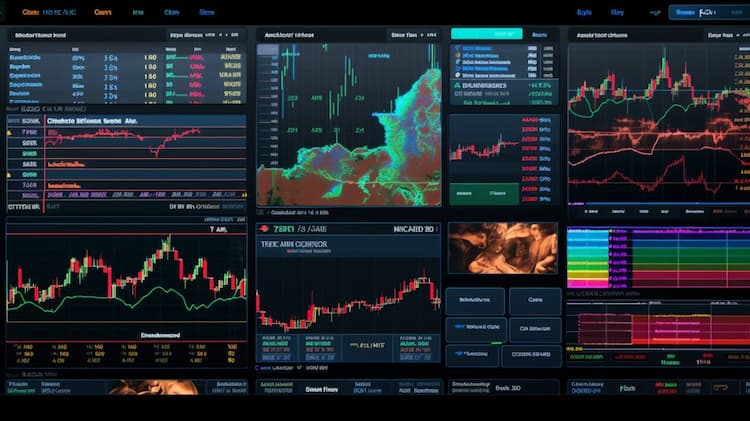BMED ISSUER
BlackRock is the issuer behind the BMED ETF, which is designed to invest at least 80% of its net assets in equity securities of companies primarily engaged in the health sciences industry. BlackRock, one of the world's largest and most respected asset management firms, brings its extensive expertise and resources to managing the BMED ETF. With a focus on the health sciences sector, which encompasses healthcare providers, medical research, pharmaceuticals, biotechnology, and related fields, BlackRock aims to provide investors with exposure to this dynamic and rapidly evolving industry. The BMED ETF allows investors to tap into the growth potential of companies at the forefront of advancements in healthcare and medical technology, making it a valuable addition to a diversified investment portfolio.
BMED DIVIDEND
While the primary objective of the BMED Dividend ETF is not solely centered around dividends, it does incorporate the dividend distribution of companies primarily engaged in the health sciences industry. This ETF strives to invest at least 80% of its net assets in equity securities of businesses involved in health sciences, such as healthcare providers, medical product manufacturers, pharmaceutical companies, and more. The dividend eligibility and distribution of this ETF are subject to the individual dividend policies and performances of its constituent companies, which can vary widely. Investors in the BMED Dividend ETF can potentially benefit from both capital appreciation and dividend returns within the health sciences sector.
BMED TRACKING
BMED, the Health Sciences ETF, seeks to track the performance of companies primarily engaged in the health sciences group of industries. This includes health care providers, as well as businesses involved in researching, developing, producing, distributing, or delivering medical, dental, optical, pharmaceutical, or biotechnology products, supplies, equipment, or services. The fund may also invest in companies related to the growth or survival of animals and plants, such as those enhancing crop yields or improving pet health. BMED concentrates its investments in the health sciences sector and may include mid- and small-capitalization companies from around the world, including emerging markets.
BMED CORRELATION
The correlation aspect of the BMED ETF, which focuses on the health sciences group of industries, is essential for understanding its performance within the healthcare sector. BMED primarily invests in companies engaged in health care, medical, pharmaceutical, and biotechnology products and services. Its correlation with the broader healthcare market and its subsectors is crucial for investors looking to gauge its sensitivity to healthcare trends. Analyzing BMED's correlations can help investors make informed decisions and manage risks within their healthcare-focused portfolios.
BMED SECTOR
The BMED ETF, also known as the Biomedical Sector ETF, focuses on the health sciences group of industries. This ETF primarily invests in companies engaged in researching, developing, producing, distributing, or delivering medical, dental, optical, pharmaceutical, or biotechnology products, supplies, equipment, or services. It may also include businesses related to health care providers, clinical testing laboratories, diagnostics, rehabilitation services, and more. The BMED ETF offers exposure to the rapidly evolving and innovative field of biomedical sciences, making it an attractive option for investors seeking growth opportunities in the healthcare sector. However, it's important to note that this concentration in a specific industry may come with higher risk compared to more diversified ETFs.
BMED EXPOSURE
The exposure characteristic of the BMED ETF is centered on companies primarily engaged in the health sciences group of industries. This ETF seeks to provide investors with exposure to various sectors within the health sciences, including health care providers, pharmaceuticals, biotechnology, medical equipment, and related support services. BMED concentrates its investments in mid- and small-capitalization companies, offering a broad range of opportunities within the health sciences sector.



